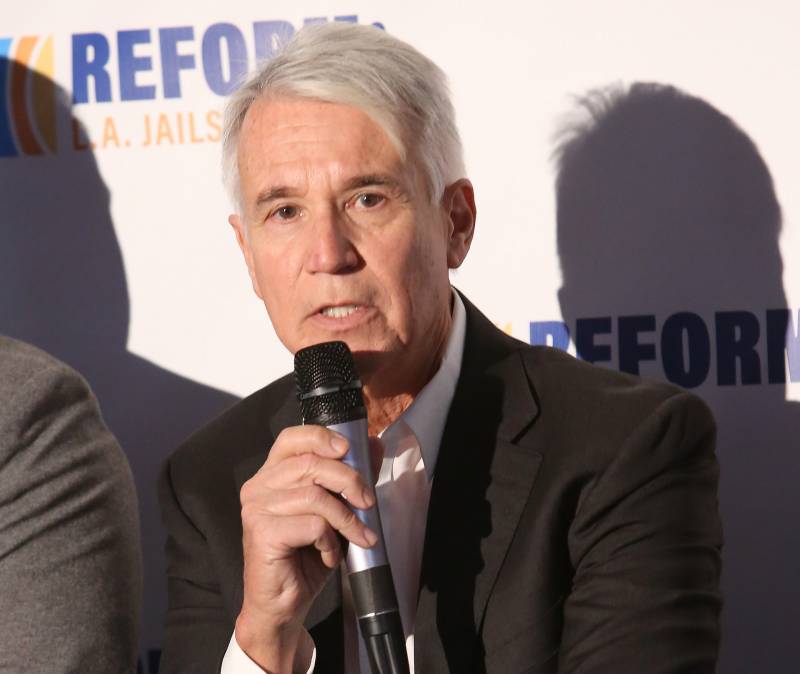So she moved slowly — first surveying prosecutors for anonymous feedback about what gaps they saw in how they did the work; then inviting them to focus groups to drill down more on possible changes to office practices. When she started rolling out policies aimed at reducing incarceration, she largely did so one at a time.
Over the last four years, Foxx has faced her share of opposition from tough-on-crime supporters — but says she benefited from one other thing: timing.
“I think when I came in 2016, it was a novelty almost to have someone coming in and talking about criminal justice reform as a prosecutor,” she said. “And then you saw momentum building across the country. … And there was a deliberate effort, I believe, on the right to kind of villainize what this work looks like, to villainize the progressive prosecutor being, you know, antithetical to law enforcement.”
Four years later, Foxx is far from the only so-called “progressive prosecutor” running a large, urban DA’s office — voters in San Francisco, Philadelphia, Boston and a number of other large cities have also embraced the promise of reform.
This fall, that change also came to Los Angeles County, which boasts the largest local prosecutor’s office in the nation, a massive bureaucracy that covers 4,000 square miles and includes 1,000 lawyers and 38 courthouses.
George Gascón, a former San Francisco police chief and district attorney, survived a bruising battle with his tough-on-crime predecessor to win his position running the massive LA office — and unlike Foxx, he moved to make changes at warp speed: He’d barely been sworn in last December when he issued a set of directives aimed at reducing prison sentences and focusing more on rehabilitation.
Those directives barred prosecutors in Los Angeles from seeking the death penalty, trying juveniles as adults and filing most sentencing enhancements, including those sanctioned under the state’s three strike laws. The changes also eliminated cash bail in the massive county.
Gascón said there was no time to waste and that he was simply instituting the changes he campaigned on.
